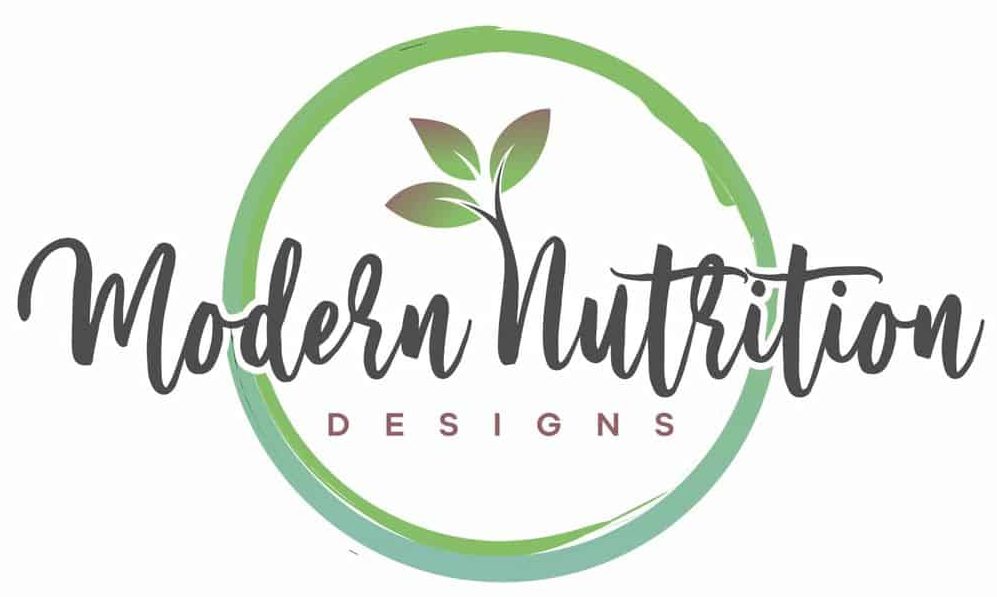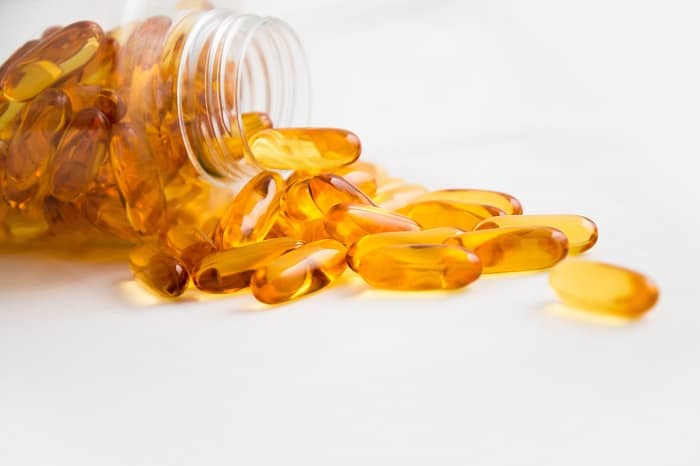Supplementing your diet is a very personal decision and should be considered on an individualized basis. Not all vegans eat the same diet, just as not all meat-eaters eat an identical diet. There are a few essential nutrients, however, that may be more difficult to come by given our modern way of living.
Vitamin B12, vitamin D, DHA, and iodine are the four major nutrients you may want to consider supplementing on a plant-based diet. These recommendations fluctuate depending upon what your diet actually consists of. The wider variety of whole plant foods in your diet, the less you will likely require some of these supplements.
Let’s go over each of the following topics in greater detail:
- Vitamin B12
- Vitamin D
- DHA
- Iodine
- Best vegan supplement recommendations
Supplementation of any kind is not a quick-fix for a diet generally lacking in nutrients. If your diet is packed with processed convenience foods supplementation is not going to compensate for the nutrition you may be missing.
As long as you are eating a variety of whole natural foods you will inevitably obtain the majority of the nutrients needed for your body to carry out regular metabolic processes. The following supplement recommendations represent the exceptions to this guideline.
Vitamin B12
This is the one supplement that has consistently been shown to be non-negotiable for vegans and meat-eaters alike. More plant-based doctors recommend this nutrient supplement than any other. They reportedly supplement with B12 themselves, as well.
Why we need B12
Vitamin B12 is important for nervous system maintenance, DNA synthesis, and red blood cell formation. Vitamin B12 also helps prevent a type of anemia called megaloblastic anemia that makes people tired and weak.
Where vitamin B12 comes from
“Since vitamin B12 is found in the muscles of animals – and, thus, consumed in meat – it is commonly thought of as available only through the consumption of animal products. It is important to understand, however, that animals do NOT make vitamin B12. Instead, vitamin B12 is exclusively made by microorganisms living in soil and water.” –Dr. Joel Fuhrman
Having to rely on the consumption of animal products for vitamin B12 was not always the case, however. We used to acquire all the B12 we needed through plant sources.
Dr. Michael Klaper explains the modern need for B12 supplementation best: “Prior to sewage management systems, vitamin B12 was easy to come by in plant foods. This was due to a regular consumption of unwashed harvested fruits and vegetables.” These sanitation systems are in place, however, to keep people from obtaining nasty infections from harmful microorganisms.

How B12 levels are assessed in the body
According to the NIH, Vitamin B12 status is typically assessed via serum or plasma vitamin B12 levels. Values below approximately 170–250 pg/mL (120–180 picomol/L) for adults indicate a vitamin B12 deficiency. However, evidence suggests that serum vitamin B12 concentrations might not accurately reflect intracellular concentrations.
The term “intracellular” simply refers to the amount of B12 concentration inside the cells. So the test may not be accurate because it is specifically measuring free-floating B12 in the bloodstream. It is important to make this distinction since our bodies may not utilize free-floating B12.
Intracellular tests would provide a higher degree of accuracy. Speak with your doctor about how to adequately assess your vitamin B12 levels.
Everybody should supplement with B12 regardless of diet
Even meat-eaters are recommended to take a regular B12 supplement. Studies show that both vegans and meat-eaters tend to be deficient in this vitamin.
Chronic, severe deficiency of vitamin B12 will lead to anemia, dementia, paralysis, and death. As a result, maintaining adequate levels of vitamin B12 in your tissues is vital to your well being.
Dr. Michael Klaper
Plant sources of B12
- Fortified foods such as cereals and nut milks
- Nutritional yeast
- Some soy products such as tempeh
- Seaweeds
- Some organic produce
- Fermented foods
- Vegan “meats”
- Mushrooms
- Spouts
- Spirulina
What kind of B12 do we need and how much?
It is unlikely to obtain adequate amounts of B12 from regular consumption of the foods listed above. This explains why doctors and dietitians recommend all individuals following a strict vegan or plant-based diet should take 1000 mcg at least once a week if not daily.
Methylcobalamin and Cyanocobalamin are the forms of vitamin B12 that can be used for supplementation. These may be purchased at your local pharmacy, grocery store, or online. Methylcobalamin is the natural form of B12. You may want to ensure your brand is vegan if that is the route you are interested in since most methylcobalamin comes from animal-derived sources.
Cyanocobalamin is the most commonly supplemented form of vitamin B12 and is chemically synthesized. I have heard reputable doctors recommend both types. So unless you have a personal preference for your B12, either form will suffice.
Vitamin D
Vitamin D is formed by the body when our skin is exposed to direct sun rays for long enough bouts of time. Even in the summertime, studies have consistently shown that we simply do not get adequate amounts of sun exposure to properly maintain and convert vitamin D. Our modern lives have a tendency to keep us indoors away from the sunshine. We no longer hunt and gather our way to a perfect tan.

Vitamin D is unique relative to all other vitamins in that it is not a vitamin at all. It is actually a hormone which has receptors in cells throughout the body.
Why we need vitamin D
Vitamin D is notorious for its role in bone health. It has a tendency to compliment calcium in supplements and fortified foods because of this aspect.
“Research also suggests that vitamin D may protect against numerous forms of cancer, heart disease, diabetes, multiple sclerosis, rheumatoid arthritis, and gum disease. It impacts body cells, bones, muscles, and other hormones, and it affects the nervous system and immune system.” – Brenda Davis RD We are only beginning to understand all the roles vitamin D plays in the body.
Plant-based sources of vitamin D
- Fortified nut-milks
- Fortified cereals, breakfast bars, and the like
- Mushrooms that have been exposed to UV light
Recommended daily amounts of vitamin D
Dietary sources of vitamin D are rarely sufficient whether you are a vegan or a meat-eater. It is recommended to supplement with this vitamin regardless of your dietary preferences.
“The recommended intake or Dietary Reference Intake (DRI) for vitamin D is 10 mcg (400 IU) for infants 0-12 months, 15 mcg (600 IU) for children and adults up to age 70 years, and 20 mcg (800 IU) for adults over 70 years. Many experts now think that these recommendations are insufficient, and suggest daily intakes of 25-50 mcg (1000-2000 IU) to minimize the risk of vitamin D-related disorders.”
“Vitamin D can be toxic when taken in very large doses. The upper limit (UL) for vitamin D is 50 mcg (2000 IU), although many experts suggest that up to 250 mcg (10,000 IU) is safe for adults.” – Brenda Davis RD
Types of vitamin D supplements
There are two forms of this vitamin supplements: D2 and D3. D2 is made from plants and D3 is derived from animal products or lichens. It appears that vitamins D2 and D3 are essentially equivalent when taken at nutritional doses (up to 100 mcg (4000 IU) ).
When choosing a supplement of any kind it is important to check all the ingredients on the label before making a decision, as many of them contain gelatin. Gelatin is derived from the skin, bones, and connective tissues of animals. Most come from domesticated animals such as cows and pigs. Vitamin D supplements have a tendency to contain this animal-based ingredient for those of you who may want to avoid such substances.
DHA
Our brains are mostly made of fat. DHA, otherwise known as docosahexaenoic acid, is a type of long-chain omega-3 fatty acid utilized by the brain. Sufficient levels of DHA are considered necessary for proper brain functionality.
Why we need DHA
DHA and EPA are both long-chain fatty acids shown to assist in the preservation of brain structure and function. The fatty acids are involved in brain development, cognition, and learning. As we age, our ability to make long-chain omega-3s like DHA from short-chain omega-3s in plant foods, such as flaxseeds, chia seeds, walnuts, and greens, may decline. – Dr. Michael Greger
Lower DHA levels have consistently been correlated with smaller brain volumes. More so, DHA deficiency has been linked to cognitive decline and dementia. It is not clear, however, whether the brain abnormalities cause the dietary deficiency, or whether the deficiency causes the disease.
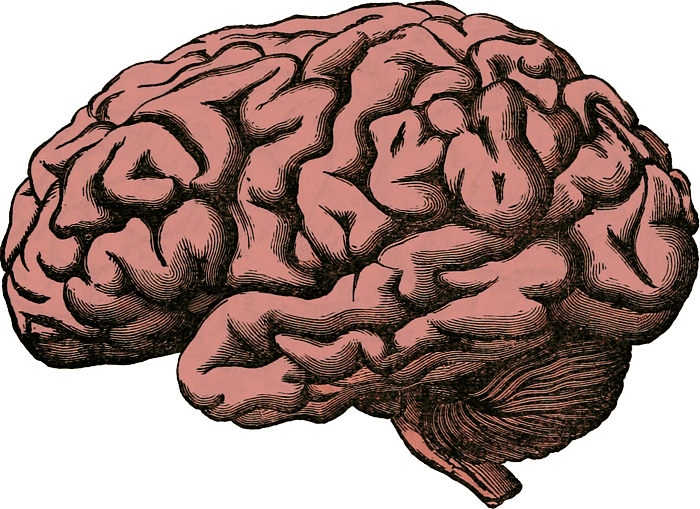
Dietary sources of DHA
DHA is commonly supplemented in the form of fish oil capsules since fish tend to be a major source of this nutrient. This is completely unnecessary since fish obtain their DHA originally from algae. You can find many varieties of the algae-derived form of DHA online or in health food stores.
Vegans get plenty of omega-3 and omega-6 through foods such as seeds, green leafy vegetables, nuts, and avocado. The conversion of these fatty acids into DHA and EPA in the body is not always sufficient, however. Sometimes it is helpful to take these fatty acids in a readily metabolized form, such as with DHA/EPA supplementation.
Recommended daily amount of DHA
Most of the sources I reviewed, such as Dr. Fuhrman, Brenda Davis RD, and Dr. Greger recommend supplementing with 250mg of algae-derived DHA once daily for adults.
An omega-3 index of 4.4 is considered to be the safe threshold for adult EPA/DHA levels. The average American just exceeds the threshold at about 4.5. This is due to the large fish consumption among the majority of the population.
“Nearly two-thirds of vegans may fall below 4.0, suggesting a substantial number of vegans have an omega-3 status associated with accelerated brain aging,” explains Dr. Greger.
Again, always speak with your physician prior to adopting any supplement regimen.
A word of caution: Recent evidence has come to light revealing harmful side effects from ingesting excessive amounts of DHA. Blood levels above an omega-3 index of 4.4 have been linked to prostate cancer in a recent study. Click here to read my post, The Current DHA Controversy, for a more in-depth discussion on this matter (coming soon).
Iodine
Iodine is the last supplement you might consider taking if you follow a plant-based or vegan diet. Approximately 30% of the general population is iodine deficient. This becomes the most concerning if you are a vegan who consumes a low-salt diet, like myself. You see, much of the salt available to consumers nowadays is fortified with iodine. Pink Himalayan salt and sea salt varieties do not usually contain iodine, however.
Why we need iodine
Iodine is a mineral needed by the body to support healthy thyroid and brain function. The thyroid requires iodine to carry out necessary metabolic processes. According to the NIH, the body also needs thyroid hormones for proper bone and brain development during pregnancy and infancy.
If your iodine levels become too low your thyroid hormones may start to become depleted. Ultimately, iodine deficiency could lead to symptoms of hypothyroidism such as:
- Bloating
- Fatigue
- Dry skin
- Hair loss
- Goiters
- Constipation
- Headaches
- Mood changes
- Weight gain
- Reduced immune function
Recommended daily amount of iodine
Adults require 150 mcg of this mineral per day. For vegans, if you consume plenty of sea vegetables or iodized salt you will likely obtain your daily recommended amount.
Dietary sources of iodine
- Fish
- Eggs
- Cow’s milk
Although cows do not naturally produce iodine in their milk, the teats and udders of dairy cows may be washed with iodine-based disinfectant solutions to kill germs. Some of this solution inevitably ends up in the milk and is then sold to consumers. – Dr. Colin Campbell
Plant-based sources of iodine
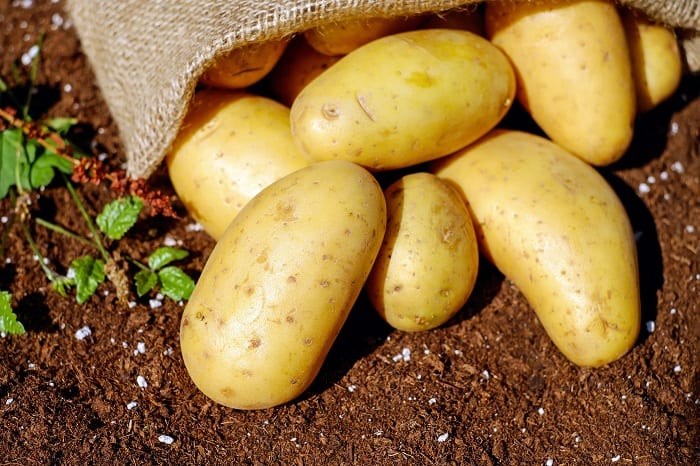
- Navy beans
- Peanuts
- Potatoes (with skin)
- Sea vegetables
- Iodized salt
- Fruits
- Veggies
The fruits and veggies found to have the highest iodine concentrations are those grown in iodine-rich soil. It’s better to go with organic items for this purpose.
Special considerations for iodine
Specific goitrogenic foods may cause further thyroid complications for those who are already iodine deficient. Some of these foods are strawberries, spinach, sweet potatoes, broccoli, pears, cabbage, peanuts, pine nuts, flax seeds, soy, and peaches. The goal is not to remove these healthy foods from your diet, but to include enough iodine instead. – Brenda Davis RD
My recommendations for vegan supplementation
I recently began taking Dr. Fuhrman’s multivitamin that contains adequate amounts of B12, vitamin D, and Iodine. His DHA supplements are sold separately and are purely algae-derived. You can also purchase each of these recommended supplements (iodine, B12, and vitamin D) separately, but I find it less expensive to just go with the multi-vitamin/mineral approach.
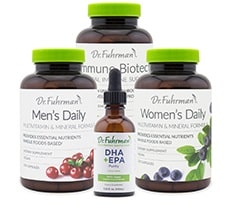
Highlights on plant-based supplementation
- Although a whole-foods plant-based or vegan lifestyle comes with many nutritional advantages, there are four specific nutrients you should consider supplementing while following this diet.
- Vitamin B12 used to be abundant in our diet from the consumption of unwashed fruits and veggies and drinking water from open streams. Today, however, our modern sanitation systems have destroyed most of the microorganisms you would typically find in these sources. Thus, it is essential for all individuals to supplement with a 1,000 mcg B12 vitamin at least once per week, if not daily.
- Vitamin D used to also be abundant in our day-to-day lives due to our exposure to sunshine. Many of us, however, do not have the luxury of spending enough time in direct sun-rays regularly to provide adequate amounts of this hormone. Therefore, it is best practice for all adults to supplement with 15 mcg (600 IU) of vitamin D2 for vegans and D3 for non-vegans.
- DHA has been studied extensively for its effects on brain volume, structure, and function. Most doctors and dietitians recommend supplementing with 250 mg of DHA daily. There is some concern regarding the safety of over-consumption with this supplement. Be sure to do your own research and speak with your doctor before making your decision whether or not to forego this recommendation.
- Iodine is vital for adequate thyroid and metabolic function. Lower than optimal intakes of this mineral can lead to symptoms of hypothyroidism. Reputable doctors recommend ingesting 150mcg of iodine daily.
| Supplement | Daily Recommended Dosage |
| Vitamin B12 | 1000 mcg |
| Vitamin D | 15 mcg (600 IU) |
| DHA | 250 mg |
| Iodine | 150 mcg |
Karli Jackson
